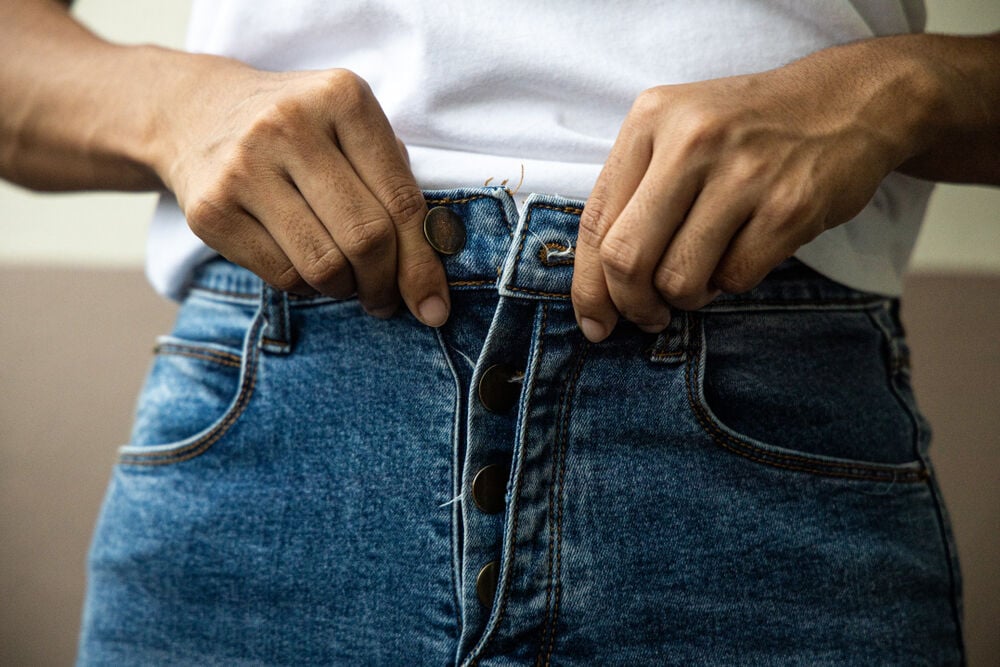A hysterectomy is a common procedure in the U.S., with more than 600,000 performed annually. When it comes to post-op side effects, however, you might be asking, “does a hysterectomy cause weight gain?”
Flo’s here to ensure you stay as fit and fabulous as ever with handy tips on dealing with a hysterectomy and weight gain.













